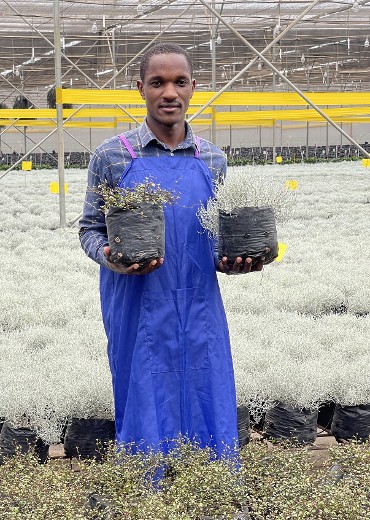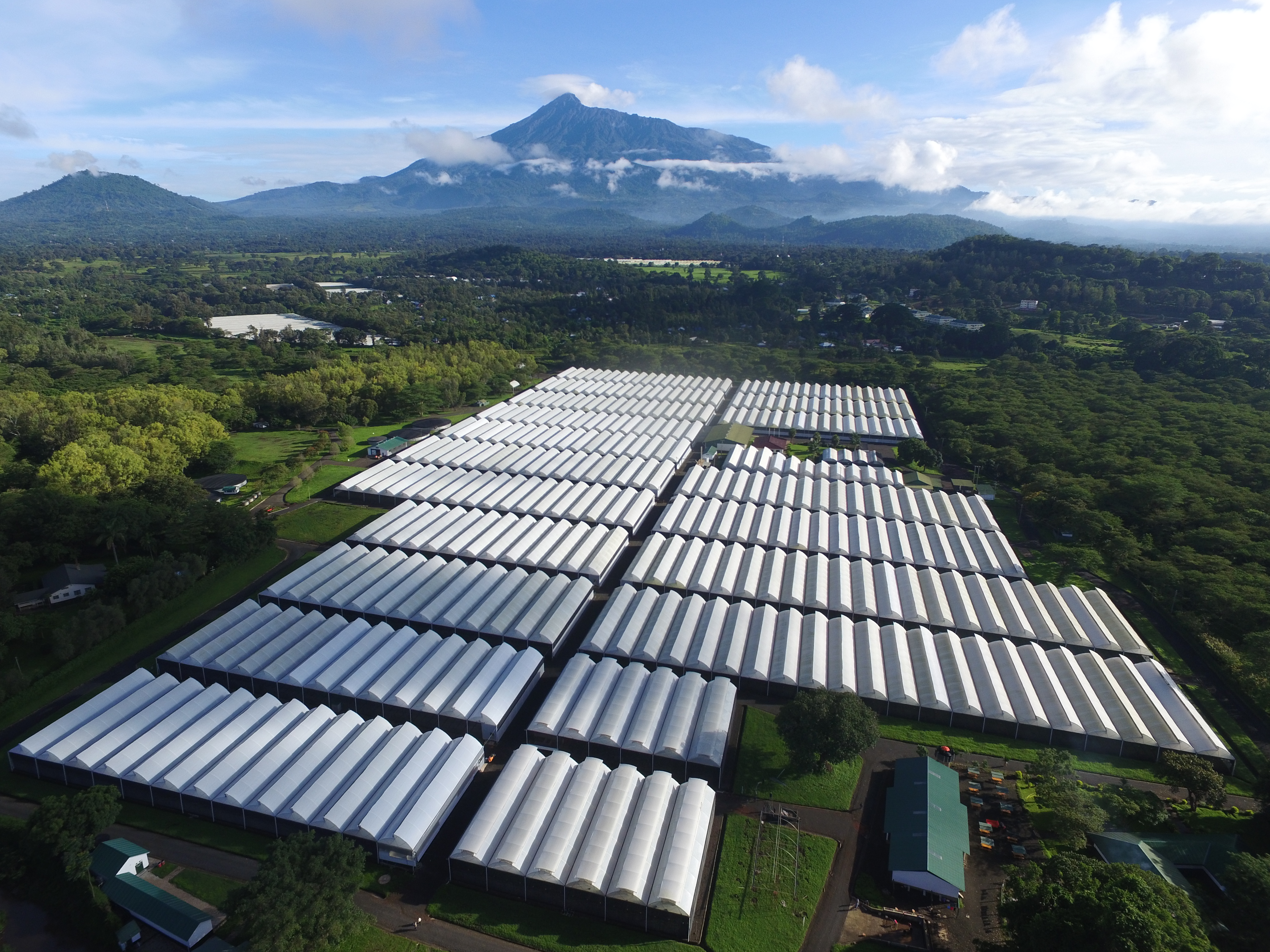Discover how three of our African farms celebrate Fairtrade certification, ensuring ethical production and community empowerment.

Three of Dümmen Orange’s African farms — Tanzania, Ethiopia, and Kenya — are now Fairtrade certified, with 97% of our crops there within the Annuals, Perennials, and Pot Plants (APP) group offered as fully certified.
This universally-recognized certification means adhering to rigorous standards of ethical and sustainable production. It signifies our commitment to fair labor practices, environmental stewardship, and community empowerment. Fairtrade certification ensures that workers receive fair prices, work in safe conditions, and have access to opportunities for social and economic development.
Our drive to certification
Obtaining Fairtrade certification posed various challenges for our farms. From overhauling practices to ensure fair labor conditions to implementing eco-friendly initiatives, the journey towards sustainability was not without hurdles.

Our propagation farm in Tanzania
Our farms implemented sustainable practices through determination and dedication, from efficient water and energy management to adopting alternative, eco-friendly chemicals. This shift towards sustainability was not just a requirement but a conscious decision to safeguard the environment and uplift the local communities.
Empowering communities
The impact of Fairtrade certification extends far beyond labels. It signifies tangible improvements in workers' lives, enhanced environmental stewardship, and broader access to markets. For these farms, it's not just about growing plants; it's about nurturing a better future for all.